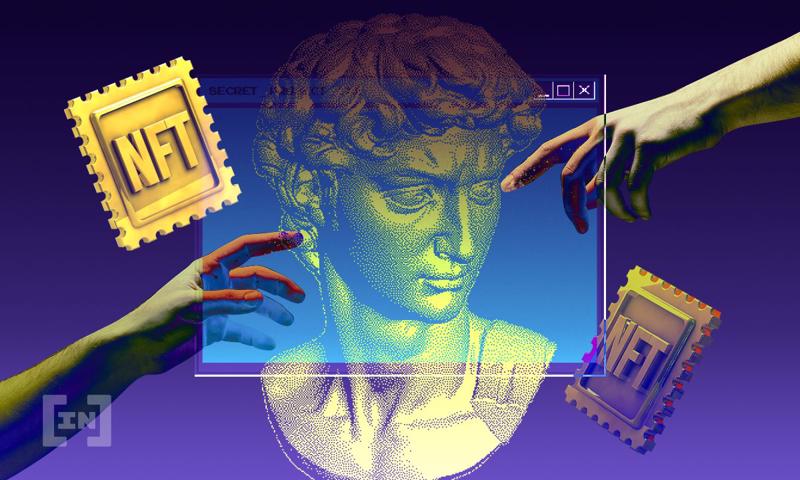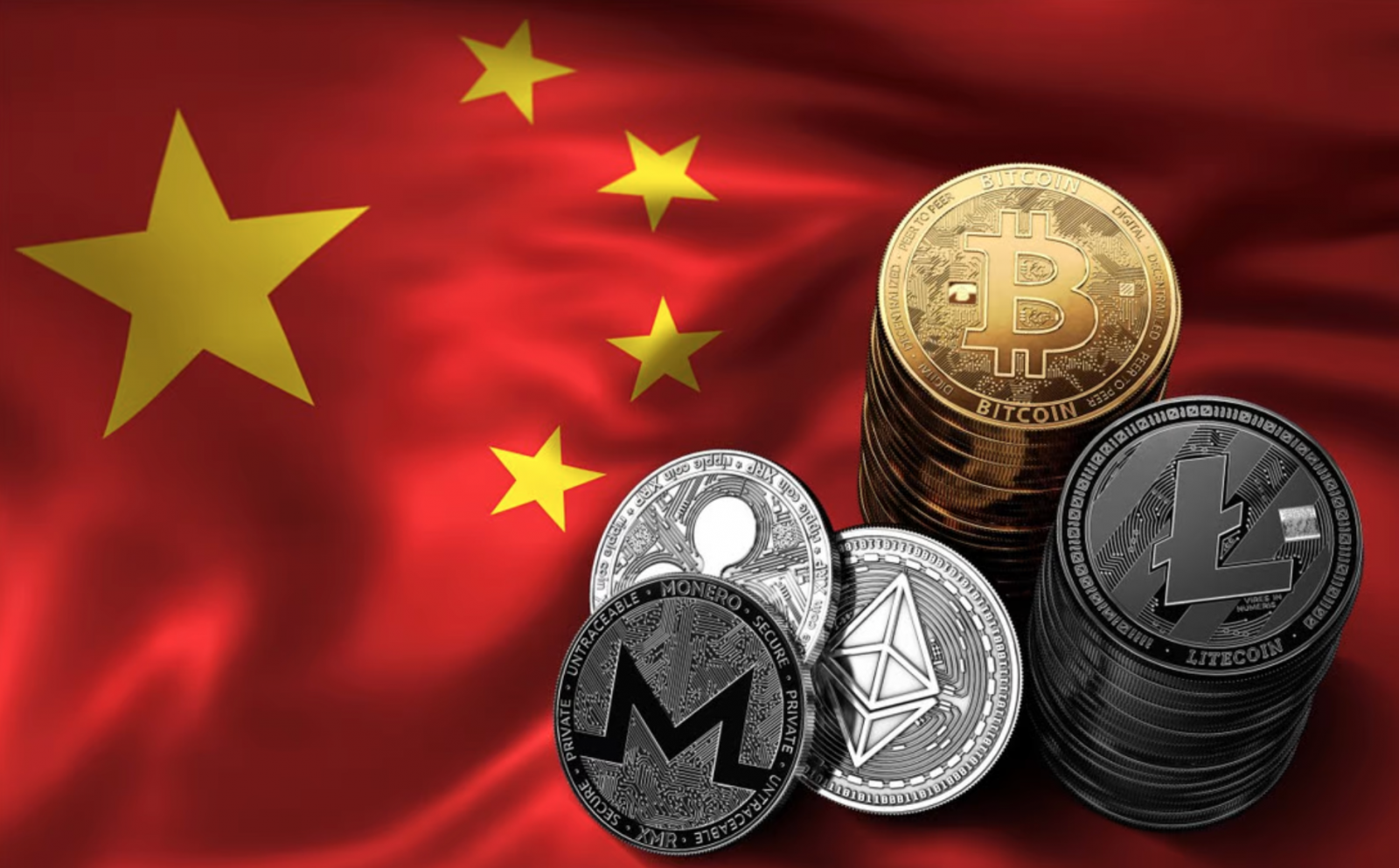China: NFT is a virtual asset protected by law
- Tram Ho
A Chinese court in the city of Hangzhou has said non-fungible token collections (NFTs) are online virtual assets that should be protected under Chinese law.

A court in China has admitted that the country’s law does not clearly define the legal properties of NFT digital collections.
Specifically, an article on November 29 published by the Hangzhou Internet Court – a specialized internet court revealed views in favor of the NFT after the country began to intensify its crackdown on cryptocurrencies. in 2021. Accordingly, the content of the article reflects the Court’s view that ” NFTs have the object characteristics of property rights such as value, scarcity, controllability, and transactionability, belonging to Virtual assets should be protected by the laws of our country .”
The court decided it was necessary to confirm the legal properties of the NFT digital collection for a lawsuit and acknowledged that Chinese law does not currently specify the legal properties of the digital collection clearly. NFT digital.
The court decree was issued in a case where a user of a technology platform sued the company for refusing to complete the sale and cancel their NFT purchase, because the user provided the name and phone number. phone is said to not match their information.
The court said: “The NFT condenses the creator’s original artistic expression and is valued with the associated intellectual property rights. It added NFT as “the only digital asset formed on the blockchain based on a mechanism of trust and consensus among blockchain nodes”.
For this reason, NFT digital collection falls under the category of virtual assets and a transaction in a legal action that is considered to be the sale of digital goods via the Internet will be considered an electronic transaction, business commerce and is governed by the Law on E-commerce.
Split with Cryptocurrency
The NFT comes after the Shanghai High People’s Court issued a document in May claiming Bitcoin is subject to property rights laws and regulations, despite the country’s cryptocurrency ban. With the crypto ban, China has been working to separate NFTs from crypto with a government-backed blockchain project, which aims to support the implementation of fiat-settled non-cryptocurrency NFTs. .

With the crypto ban, China worked to separate NFT from crypto with a government-backed blockchain project
The government remains cautious to insure people against “NFT speculation” as described in a joint statement in April between the China Banking Association, the China Internet Finance Association and the China Securities Association. Quoc has warned the public about the “potential risks” of investing in the NFT.
China is not the only jurisdiction that places the NFT under property law. In a case in October, a High Court judge in Singapore based on existing property law likened the NFT to physical assets such as luxury watches or fine wine, saying that “ NFT has emerged as an item that is highly sought after by collectors ”.
According to Coindesk, the Chinese government’s view calls NFTs “digital collectibles,” not NFTs. Major Chinese tech companies such as Ant Group and Tencent changed the NFT references on their websites to “digital collectibles” in October, possibly a move aimed at creating some distance between the companies. products with their global crypto partners.
Instead of open networks that anyone can use, such as the Ethereum blockchain, in China, collections are built primarily on permissioned blockchains that can only be modified by authorized parties. authority. This gives companies and authorities greater control over content. Unlike startups like OpenSea, some of China’s NFT auction platforms are built by established Web2 tech companies.
Currently, the Government and corporations are trying to limit the “financialization” of NFT, that is, to prevent the popular speculative investment activity that took place during the last crypto bubble. “ A law will be passed to ban the use of this type of technology to build any kind of regulated financial service, ” said Yifan He, CEO of blockchain development firm Red Date Technology. .
Like most Chinese regulations, such as the Great Firewall that blocks certain parts of the Internet, this model tries to curb aspects of the technology that are deemed undesirable. to their dictatorship. More than just an experiment, China’s model could become a blueprint for other regional and global regulators. For instance, Singapore’s central bank has begun to repeat some of Beijing’s language about crypto speculation.
Source : Genk
